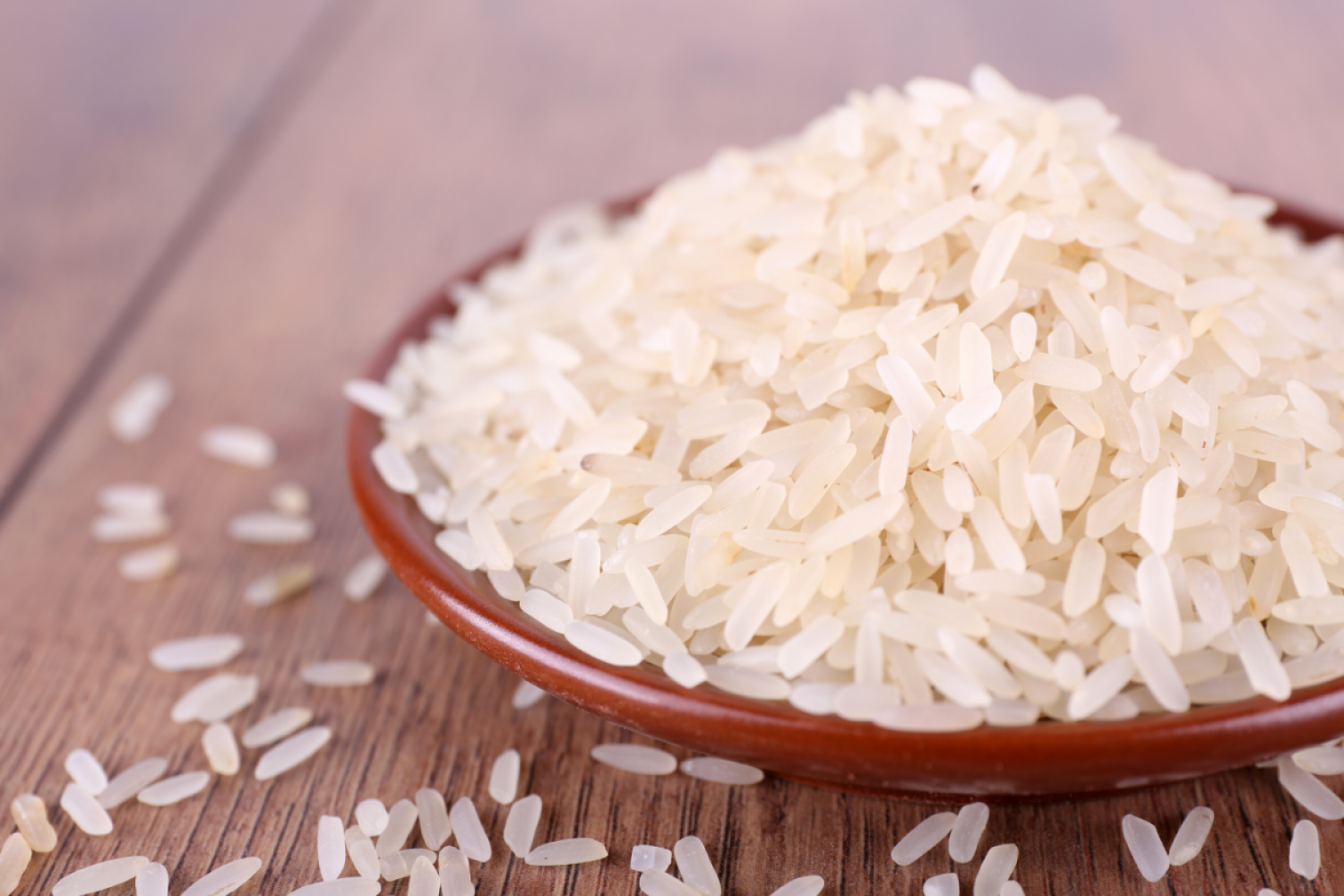Researchers from the Department of Nutrition at Harvard School of Public Health (HSPH) analyzed four previous studies involving more than 352,000 participants from China, Japan, the United States and Australia.
The aim of the study was to investigate a possible doseresponse relationship between the Consumption of white rice and the risk for type 2 diabetes.
These results were published in the British Medical Journal. White rice’s high glycemic index can lead to spikes in blood sugar, which has historically been linked to a higher risk of type 2 diabetes.
Effects of White Rice
The participants were followed over a period of 4 to 22 years. At the start of the study, none of them had diabetes.
The research team found that high consumption of ricebetween three and four servings daily, was associated with a 1.5 times greater risk of developing diabetes than those who consumed less rice.
Furthermore, each additional serving of white rice consumed daily increased the risk by 10%, and this association was more significant among residents of Asian countries, where the average daily consumption of white rice is three to four servings.
In western countries like Portugal and Spain, the average weekly intake is one to two servings.
White rice has a high glycemic index, which means it can cause blood sugar spikes. This could explain why it is associated with a higher risk of diabetes.
The glycemic index is a measure of how foods affect blood sugar levels, and foods with a high glycemic index are associated with a higher risk of disease symptoms.
High sugar content, low amount of nutrients
Qi Sun, lead author of the study, says white rice is also deficient in nutrients like fiber and other nutrients magnesium.
People who consume large amounts of white rice are deficient in these beneficial nutrients. Instead, he recommends the brown rice option, which provides those compounds.
The study authors and other nutrition experts caution that white rice consumption is not the only factor contributing to an increased risk of developing type 2 diabetes.
They note that the rise in obesity and insulin resistance in Asian countries is due to an overall decline physical activity and reducing the intake of lighter and more nutritious foods overall.

